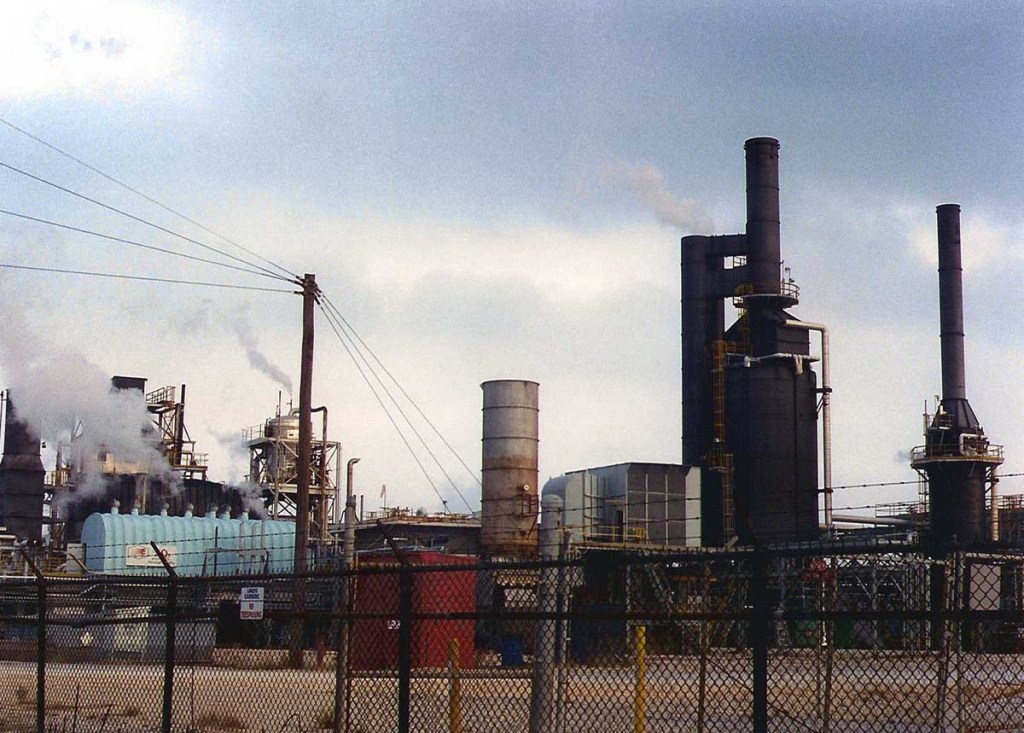Treaty doesn’t cloud future for Texas oil and gas
Published 7:15 pm Tuesday, December 15, 2015

- Treaty doesn't cloud future for Texas oil and gas
AUSTIN – The Paris climate treaty promises new enthusiasm to cut carbon emissions, but it’s not the end for fossil fuels, say several people who follow the energy industry.
Trending
If anything, they predict a boon for oil and natural gas production in Texas.
Ken Medlock, senior director of the Center for Energy Studies at Rice University, said a renewed emphasis on limiting carbon emissions will further affect coal producers and coal-fired power plants.
“What do you replace it with? It’s going to be natural gas,” he said, noting that coal plants built in the 1970s are switching to natural gas.
That’s good news for Texas, he added.
“Texas has natural gas,” he said. “Houston is going to remain the energy capital of the world.”
As part of the treaty ratified last weekend, 195 nations will set targets to cut greenhouse gas production. The aim is to avoid some of the worst predicted effects of climate change, such as mass migration from places that will become uninhabitable if sea levels keep rising.
Trending
President Obama is pushing a reduction in U.S. carbon emissions – to which oil and gas producers contribute – by more than 25 percent over the next decade.
Despite those targets and the afterglow of the Paris treaty, Texas Tech University economist Michael D. Noel said there will be no short-term impact.
Heavier emphasis on green energy could affect the oil and natural gas industry in the long term, he said, but there’s no indication that its growth will slow.
One reason is that developing nations, such as India, will consume more oil as their economies grow. They’ll also buy more natural gas.
Some of that will come from Texas via the new Sabine Pass Liquefied Natural Gas terminal, set to open soon on the Gulf Coast. The first such terminal in the lower 48 states, the port will send LNG to markets around the world.
Medlock said the treaty will help build demand for natural gas. “In that respect, the U.S. will help other countries move away from coal,” he said.
Keith Crane, a Rand Corporation senior economist, said the impact on oil production is harder to gauge, given the industry’s sensitivity to foreign markets.
The climate change agreement will spur interest in energy efficiency, he said, which will reduce demand across all sectors – including coal, oil and gas.
Even with higher standards of efficiency, Medlock said transportation will continue to drive oil consumption.
More than 250 million vehicles are registered in the United States alone, and electric motors are unlikely to quickly replace all of those internal combustion engines.
“We’ll be using oil for a while,” he said.
The United States is the world’s largest oil and gas producer. Medlock noted that Texas is the country’s top producer of both.
The state produced 45 percent of U.S. oil and 31 percent of its natural gas in 2013, according to the U.S. Energy Information Administration.
More than 410,000 people work in those industries in Texas. Two of the country’s top three oil and gas companies – ExxonMobil and Conoco Phillips – are based here, as are others in the Top 10.
Despite government targets to cut carbon emissions, Noel pointed out that oil remains cheap while green energy is expensive. Market forces will have their way, he said, especially when they affect other U.S. industries.
“What happens when we lose business to India?” he asked. “That’s where the tension occurs. That’s when climate agreements go south.”
Terry McInturff, director of the Texas Tech Center for Energy Commerce, noted that the United States has exported a huge portion of manufacturing to developing nations where environmental regulations are weaker.
Paris notwithstanding, those countries want cars, refrigerators and a better standard of living. Cleaning up the environment comes later, especially in view of the fact that compliance with the treaty is largely enforced by peer pressure.
“There’s no clear way to get there right now,” he said. “You can’t just switch to renewables when you want.”
John Austin covers the Texas Statehouse for CNHI’s newspapers and websites. Contact him at jaustin@cnhi.com.






